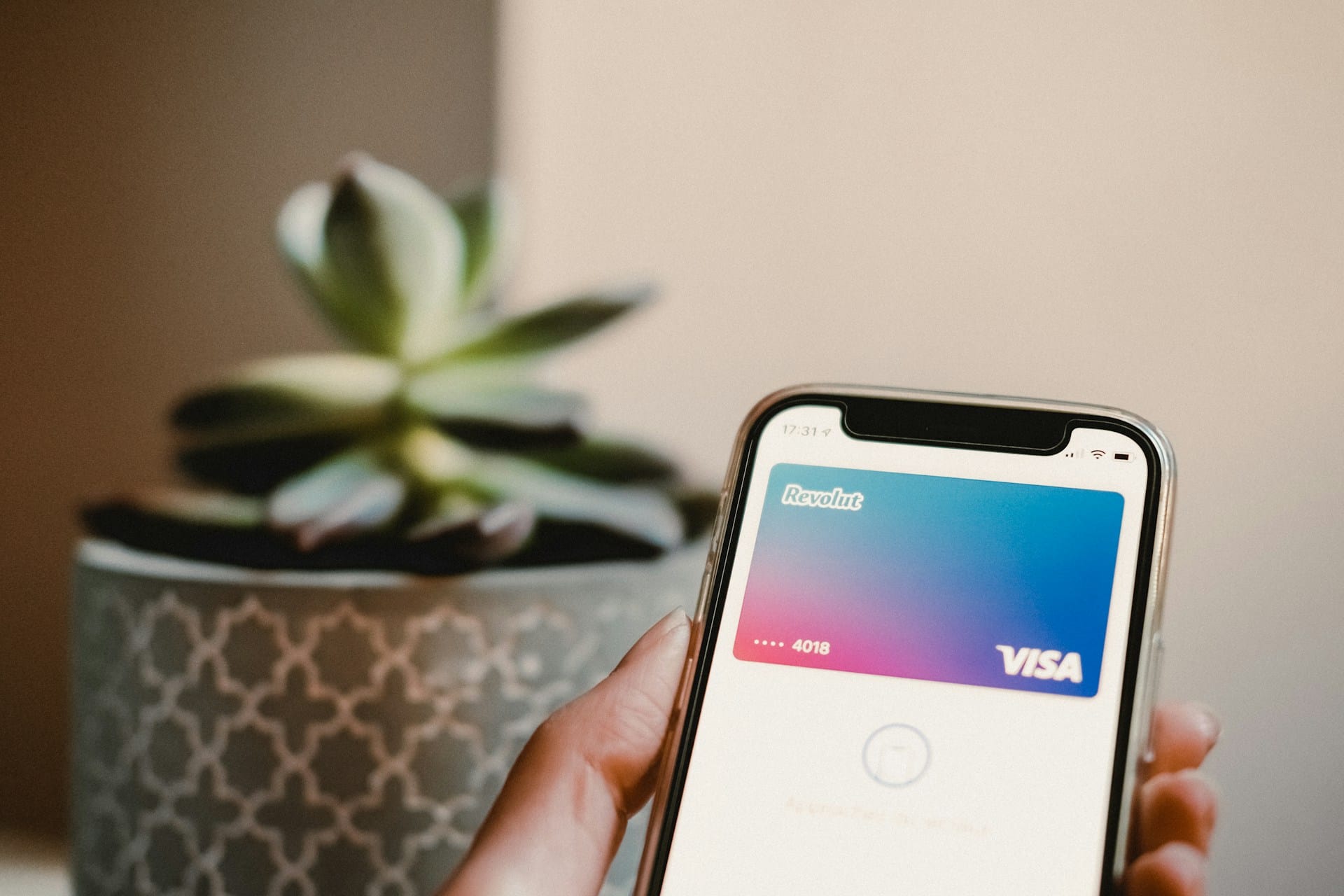In an era where the digitalization of documents is paramount, blockchain technology emerges as a revolutionary tool. Today, we explore how blockchain can verify the authenticity of digital certificates. With the proliferation of online education and virtual credentialing, ensuring data integrity and security is more crucial than ever. But how exactly does blockchain achieve this?
Understanding Blockchain Technology
Blockchain is a decentralized digital ledger that records transactions across a network of computers. Unlike traditional databases, where data is stored in a single location, blockchain distributes information across multiple nodes. This distribution ensures tamper-proof and verifiable credentials.
Dans le meme genre : How to create a scalable blockchain network for decentralized finance (DeFi) applications?
Educational institutions, employers, and other entities can leverage blockchain to store digital certificates securely. By doing so, they eliminate the risks associated with fraudulent credentials. Once a certificate is issued and stored on a blockchain, it becomes immutable. Any attempt to alter the certificate is flagged, ensuring the authenticity of the document.
Moreover, blockchain uses cryptographic techniques to secure data. Each block in a blockchain contains a cryptographic hash of the previous block, a timestamp, and the transaction data. This structure makes it incredibly challenging for malicious actors to alter the information without detection.
A voir aussi : How do you implement AI for enhancing predictive maintenance in the automotive industry?
The Role of Smart Contracts
Smart contracts are self-executing contracts where the terms of the agreement are directly written into code. They play a pivotal role in blockchain-based digital credentials. When an educational institution issues a digital certificate, a smart contract can enforce the rules and conditions associated with that certificate.
Smart contracts automate the verification process. For instance, when an employer requests verification of a candidate’s credentials, the smart contract can automatically check the certificate’s authenticity against the blockchain. This streamlines the process, reducing manual checks and potential human errors.
Additionally, smart contracts ensure transparency and trust. Since the contract’s terms are visible and immutable, all parties involved can verify the credential verification process. This transparency builds confidence in the credentialing system.
Benefits of Blockchain for Educational Institutions
Educational institutions are increasingly adopting blockchain for credentialing processes. The benefits of blockchain in this context are manifold.
- Enhanced Security: Traditional digital certificates are vulnerable to forgery and tampering. Blockchain ensures that once a certificate is issued, it cannot be altered. This tamper-proof nature guarantees the authenticity of the certificate.
- Efficient Verification: With blockchain, the credential verification process is streamlined. Employers and other entities can quickly and easily verify the authenticity of a certificate. This efficiency is crucial in today’s fast-paced world.
- Cost Savings: Traditional credentialing processes can be costly and time-consuming. Blockchain reduces these costs by automating many aspects of the process. This cost-effective solution benefits both the issuing institution and the recipient.
- Global Recognition: A blockchain-based certificate is globally verifiable. This global recognition is particularly beneficial for students and professionals seeking opportunities abroad. The verifiable credentials ensure that their qualifications are recognized and trusted worldwide.
The Future of Blockchain-Based Digital Credentials
The adoption of blockchain for digital credentials is not just a trend but a revolutionary shift. As more educational institutions and employers recognize the benefits of blockchain, the technology will become integral to credentialing processes.
Blockchain can also integrate with other technologies to enhance the credentialing system further. For instance, combining blockchain with artificial intelligence can provide even more robust credential verification. AI algorithms can analyze patterns and detect anomalies, ensuring even higher levels of security and authenticity.
Furthermore, blockchain’s decentralized nature can democratize the credentialing process. Individuals can have more control over their credentials, storing them in personal digital wallets and sharing them as needed. This empowerment can lead to a more transparent and trustworthy system.
In conclusion, blockchain technology offers a robust, secure, and efficient solution for verifying the authenticity of digital certificates. By leveraging the decentralized nature of blockchain, educational institutions, employers, and other entities can ensure data integrity and tamper-proof credentials. Smart contracts further enhance the verification process, providing transparency and trust.
As we move towards a more digitally interconnected world, the adoption of blockchain-based digital credentials will only increase. This technology promises to revolutionize the way we issue, store, and verify credentials, ensuring that authenticity and security are upheld. With blockchain, we can look forward to a future where credentials blockchain are not only secure but also globally recognized and trusted.











